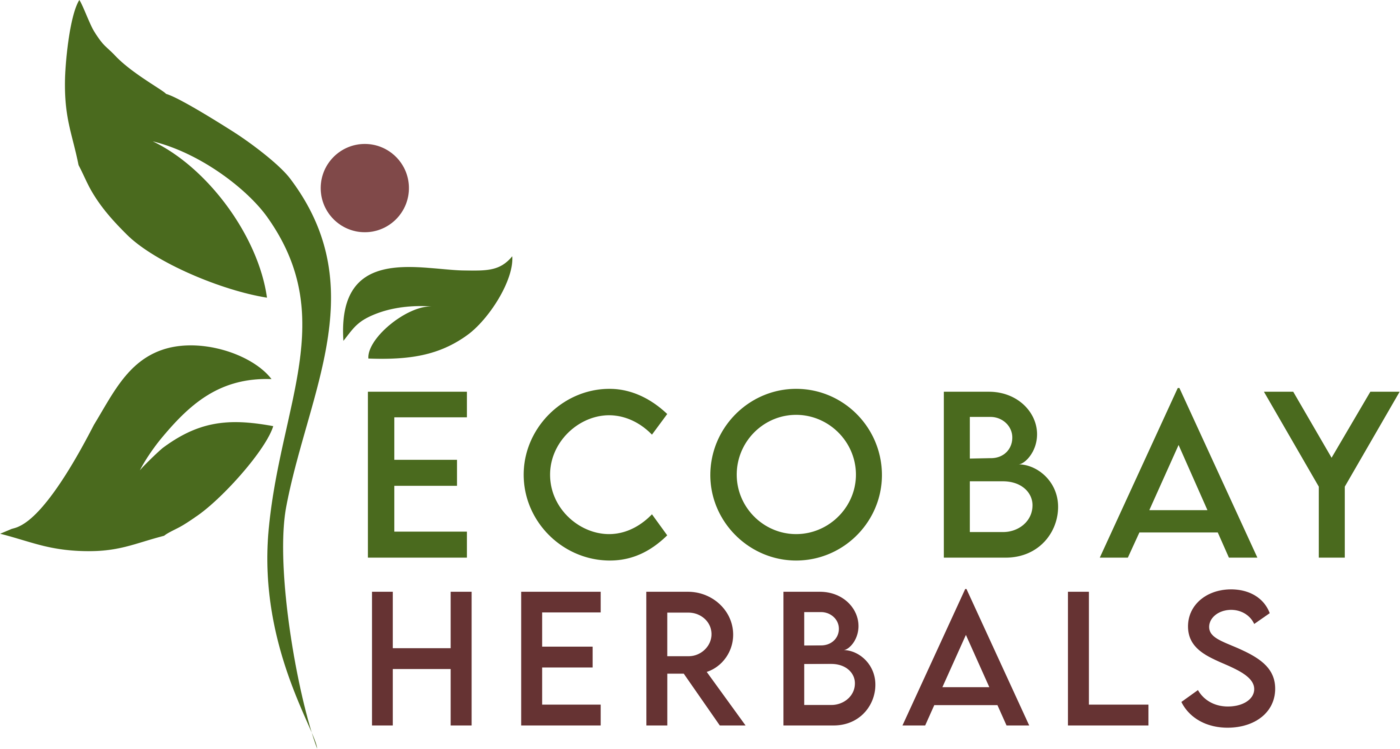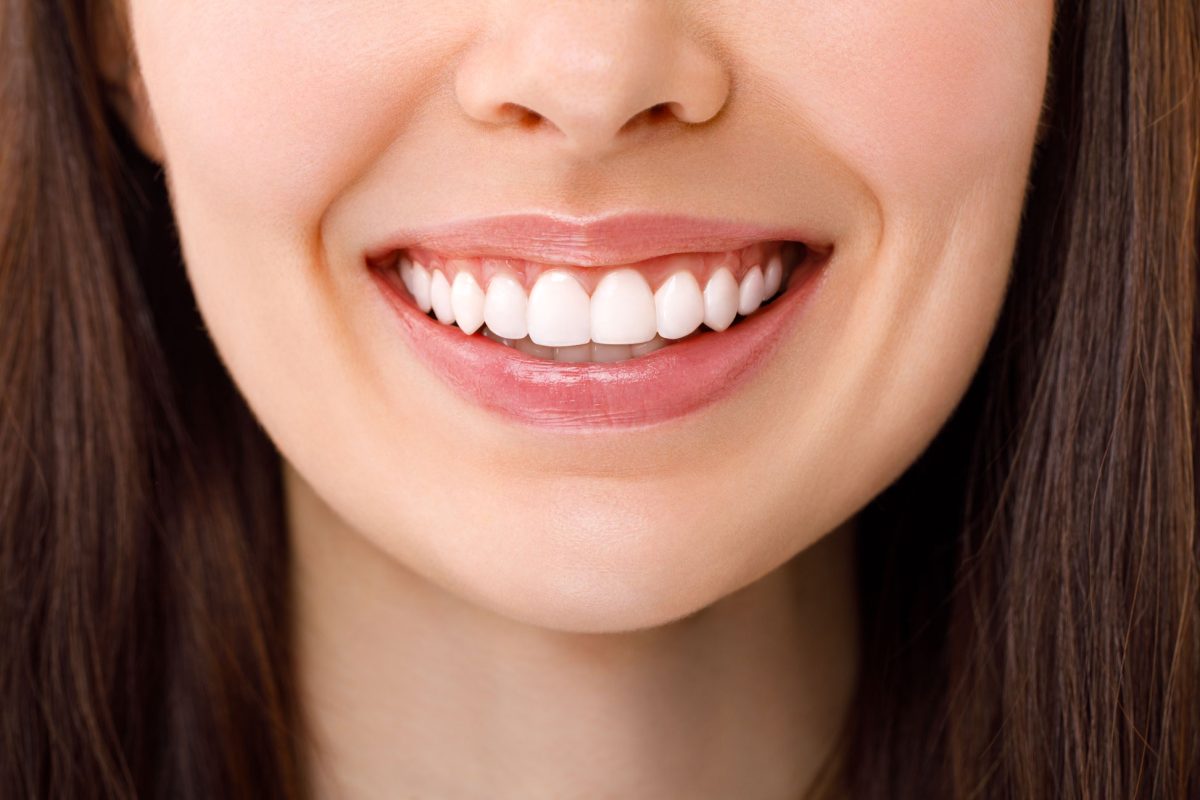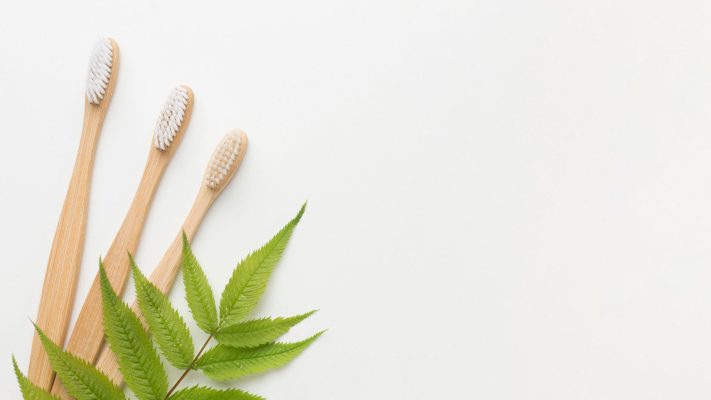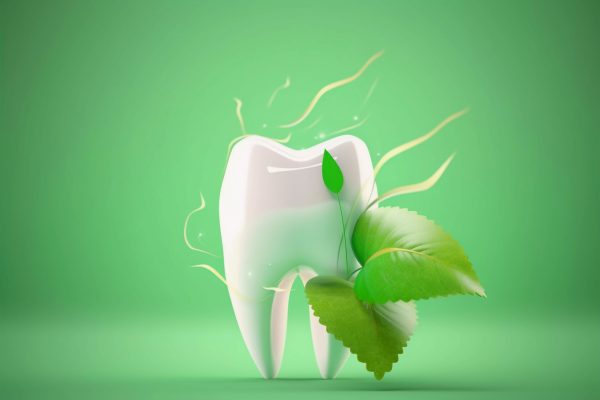Ayurveda
Unlocking the Secrets of Good Oral Hygiene: Natural and Ayurvedic ways 2023
Good oral hygiene is of utmost importance for several compelling reasons
Extending well beyond just the desire for a bright and attractive smile. It plays a critical role in maintaining overall health and enhancing one’s quality of life. Practicing good oral hygiene is essential for preventing a wide range of dental problems. Regular brushing, flossing, and dental check-ups help keep tooth decay, gum disease, and bad breath at bay.
By doing so, individuals can avoid the discomfort, pain, and inconvenience that often accompany these oral conditions. Moreover, preventing dental issues through proper oral care can significantly reduce the financial burden associated with extensive dental treatments. Good oral hygiene is pivotal in preserving one’s teeth.
Healthy teeth are essential not only for a radiant smile but also for effective chewing and digestion. Without strong and functional teeth, individuals may struggle to consume a diverse and nutritious diet, potentially leading to nutritional deficiencies and related health problems.
Maintaining optimal oral hygiene
It has a direct impact on one’s self-confidence and social interactions. A healthy, attractive smile boosts self-esteem, allowing individuals to engage with others more confidently. This can lead to improved social relationships, enhanced mental well-being, and a more fulfilling life overall. Emerging research highlights the intricate link between oral health and systemic health.
Poor oral hygiene has been associated with various systemic conditions, including cardiovascular disease, diabetes, and respiratory infections. Neglecting oral health can thus have far-reaching consequences, underscoring the significance of regular dental care and hygiene practices.
Here are some natural solutions and practices to help maintain healthy teeth and gums:
Brushing: Brush your teeth at least twice a day using fluoride toothpaste. Use a soft-bristle toothbrush and gentle, circular motions to avoid damaging the enamel. Brush for at least two minutes.
Flossing: Regular flossing helps remove food particles and plaque between your teeth and along the gumline. Floss at least once a day.
Rinsing: Use an antimicrobial mouthwash or a homemade saltwater rinse (dissolve 1/2 teaspoon of salt in 8 ounces of warm water) to kill bacteria and reduce inflammation.
Dietary Choices: Limit sugary and acidic foods and beverages. These can contribute to tooth decay. Instead, focus on a diet rich in fruits, vegetables, and dairy products for strong teeth.
Chew Sugar-Free Gum: Chewing sugar-free gum with xylitol can help stimulate saliva production, which helps neutralize acids and clean the mouth.
Green Tea: Green tea contains compounds that may help reduce the growth of harmful oral bacteria. Drinking green tea can be beneficial for oral health.
Vitamin D: Ensure you have sufficient vitamin D intake, either through sunlight or supplements, as it is important for healthy teeth and bones.
Hydration: Drinking plenty of water helps to maintain oral health by washing away food particles and bacteria.
Avoid Tobacco and Excessive Alcohol: Smoking and excessive alcohol consumption are associated with gum disease and oral cancer. Quitting smoking and moderating alcohol intake can improve oral health.
Regular Dental Check-Ups: Even if you follow these natural practices, it’s essential to see your dentist regularly for check-ups and professional cleanings. Dentists can detect and address dental issues early.
Herbal Remedies: Some herbs like clove and aloe vera have been used traditionally for oral health. Clove oil can help relieve toothaches, while aloe vera may soothe inflamed gums.
Oil Pulling (Gandusha/Kavala): This is one of the most well-known Ayurvedic practices for oral health. Swishing a tablespoon of warm sesame oil or coconut oil in your mouth for 15-20 minutes can help remove toxins and bacteria. Spit out the oil after swishing (do not swallow) and rinse your mouth with warm water. Oil pulling is believed to strengthen teeth and gums and reduce bad breath.
Herbal Tooth Powders and Toothpaste: Ayurvedic tooth powders and toothpaste often contain natural ingredients like neem, clove, turmeric, and licorice. These herbs are believed to have antimicrobial, anti-inflammatory, and astringent properties that can help maintain oral health.
Neem Twig Chewing: Chewing on neem twigs (also known as datun) is a traditional Ayurvedic practice for cleaning teeth. Neem has natural antibacterial properties and can help prevent dental issues.
Turmeric Paste: A paste made from turmeric and water can be applied to the teeth and gums. Turmeric is known for its anti-inflammatory and antibacterial properties.
Triphala: Triphala is an Ayurvedic herbal combination of three fruits (amla, bibhitaki, and haritaki) that can be used for oral health. It is believed to help maintain healthy gums and reduce inflammation.
Dietary Recommendations: Ayurveda emphasizes a balanced diet that includes foods that are gentle on the teeth and gums. Avoiding excessive consumption of sugary, acidic, and processed foods is recommended.
Tongue Scraping: Gently scrape your tongue with a tongue scraper or the back of a spoon to remove toxins and bacteria from the tongue, which can contribute to bad breath.
Mouth Rinses: Herbal mouth rinses made from ingredients like clove oil, neem, and licorice can help maintain oral hygiene and freshness.
Lifestyle Practices: Ayurveda places importance on a healthy lifestyle, including practices like regular exercise, stress reduction, and adequate sleep, which can indirectly contribute to overall well-being, including oral health.
It’s crucial to consult with a qualified Ayurvedic practitioner or a dentist before starting any Ayurvedic treatments for dental issues. Additionally, if you have a dental problem that requires professional attention, such as cavities, gum disease, or severe toothache, seek advice and treatment from a licensed dentist. Ayurvedic practices can complement conventional dental care but should not replace it for serious dental conditions.
Remember that these natural solutions are preventive measures and may not be sufficient to treat advanced dental problems. If you have existing dental issues or pain, consult a dentist for proper evaluation and treatment. Dental health is an essential part of overall well-being, and it’s important to take it seriously.



